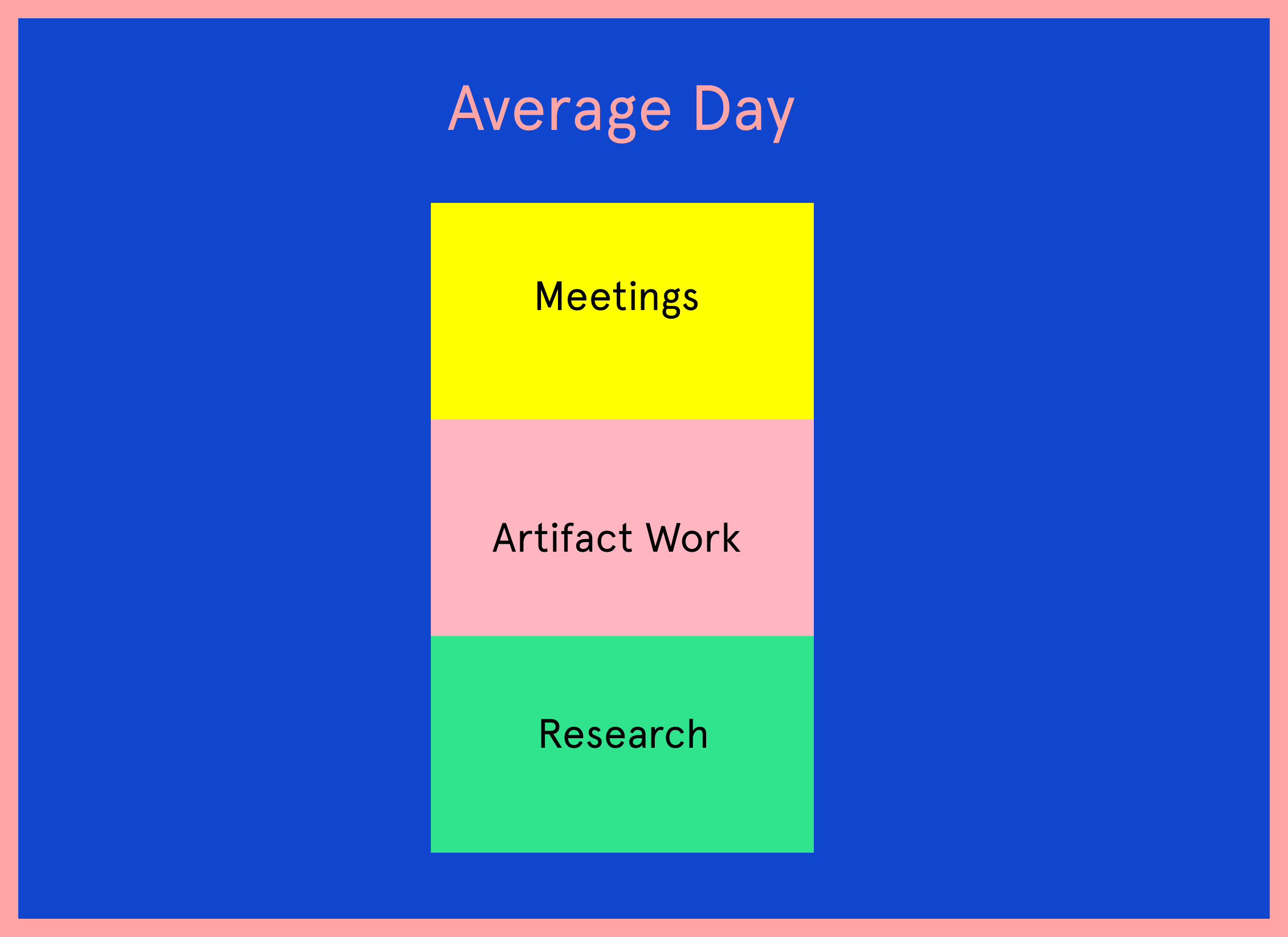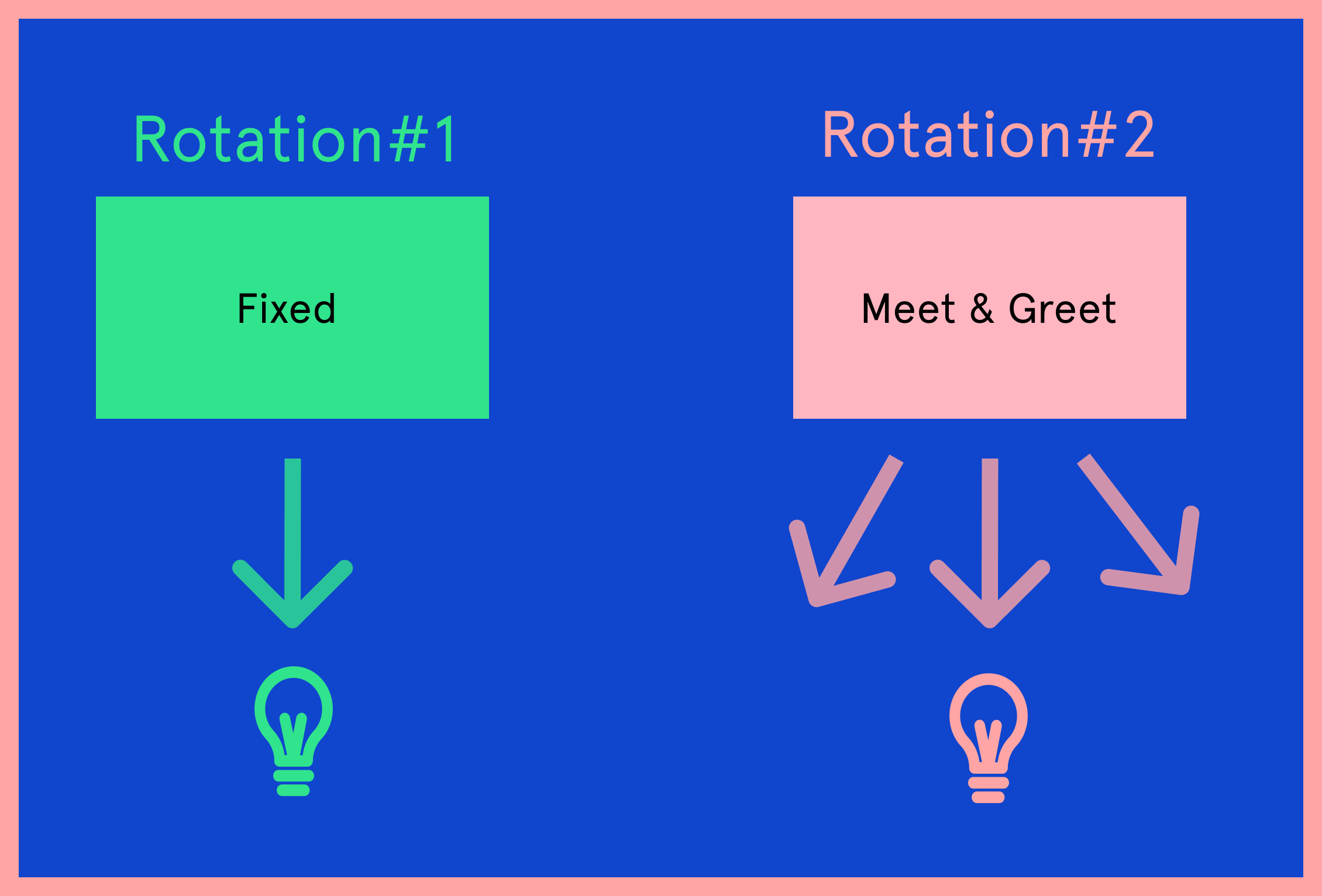I had the chance to interview Griffin Kao who’s an Associate Product Manager at Google. This is an extremely popular program for recent college grads and I wanted to find out more about its day to day and what one can expect going into it.
Griffin works on the Data Privacy team.
There are actually multiple teams at Google that focus on data privacy. The main privacy org, called the Privacy & Data Protection Office (PDPO) was formed in response to the GDPR requirement that companies have internal agents serving to maintain accountability for the rest of the company. In general, PDPO facilitates the work of thousands of global, cross-functional Googlers and Characters in support of company-wide privacy initiatives, critical processes, employee-facing tools, user-facing products, privacy infrastructure, research, and more.
I personally work on My Activity (myactivity.google.com), a team separate from PDPO, which aims to increase user trust through transparency and agency. We provide users the understanding of how and why their data is collected and stored, as well as controls for managing that data, including the ability to delete any and all data. The scope of the data we manage is all activity - things you do - across Google products, such as your Search or Chrome history.
The average day is composed of:

Yeah! At Google, an APM is basically a PM that deals with less complexity and is more focused on execution. At the beginning, there are several classes / trainings, but most of the learning happens on the job. Luckily, in the first year (and even in the second year), APMs are expected to make mistakes, giving us the psychological safety to grow by trying new things.
There are two rotations- the first one we don’t get much of a choice in, while the second one, is similar to team matching in which we talk to various teams and essentially get to choose which one we join.

A non-average day as an APM (in non-COVID times) might look like an educational/business trip with other APMs to conduct a case study. We typically take several of these a year in order to bond with the rest of the APM class and broaden our perspective to make us more effective product managers.
My favorite part of the job is the people. I work with some incredibly talented engineers, designers, researchers, and product managers — all of who are much more experienced than me. Not only do I feel like I can learn a lot from them, but it can also feel very gratifying to have my opinion and work respected by people who know a lot more than me.
In contrast, as an engineer at a company like Google, while you do get to interact with other very talented engineers, a lot of your work is more siloed, leaving less time to talk to people in different functions and less of a reason to be keyed into higher-level decisions like setting OKRs.
Yeah, definitely! I own a surface with 20 million daily active users - that is also Google’s most trafficked privacy surface. It’s a lot of responsibility but in my case at least, my manager makes himself very available for me to escalate issues and run key decisions by him.
I’m a startup person at heart so I LOVE to move fast. At a company like Google, you inevitably have organizational complexity that makes it difficult to execute quickly. Dealing with this overhead can feel frustrating and unnecessary a lot of the time.
Yeah, this was 100% something that I factored into my decision, and when I was thinking about the pros vs. cons I tried to separate out what would be good for my personal growth from what I would enjoy (at least for my first year out of college). While dealing with organizational complexity - and loads of ambiguity - isn’t always fun for me, I view it as a necessary evil to learn the key strategic and leadership skills I might not have developed otherwise as a developer at a startup.
Writing skills are valuable in almost any role because they translate well to general communication - both verbal and written. To illustrate this more concretely, explaining cognitive bias in a machine learning algorithm in an article leverages similar communication skills to explaining why we have to build a feature a certain way to another PM or an executive.
While dealing with organizational complexity - and loads of ambiguity - isn’t always fun for me, I view it as a necessary evil to learn the key strategic and leadership skills I might not have developed otherwise as a developer at a startup. Griffin Kao
I love engineering but I wanted to be a PM because
To be entirely honest, you don’t need a CS degree to be a successful product manager. My manager is one of the most intelligent PMs I’ve come across with a deep understanding of our team’s technical infrastructure (which probably surpasses many of our engineers’), and he studied business at Carnegie Mellon. And my previous manager, another talented PM, studied fashion at the Rhode Island School of Design.
However, a CS degree can be helpful for a new grad PM in establishing credibility with engineers and sometimes making it easier to understand implementation details.
Some people call it a newsletter - I call it a good time. I write about tech careers and how you can get ahead in yours. It’s my best content (like this case study) delivered to you once a week.